Introduction
Family Dynamics and Societal Pressures in K-dramas: K-Dramas aren’t just about swoon-worthy romances and heart-stopping cliffhangers. They’re often deep dives into the complexities of human relationships, and nowhere is this more evident than in the portrayal of family dynamics and societal pressures. Buckle up, drama fans, because we’re about to embark on a journey through the intricate web of expectations, sacrifices, and conflicts that simmer beneath the surface of many K-Drama families.
Familial Bonds
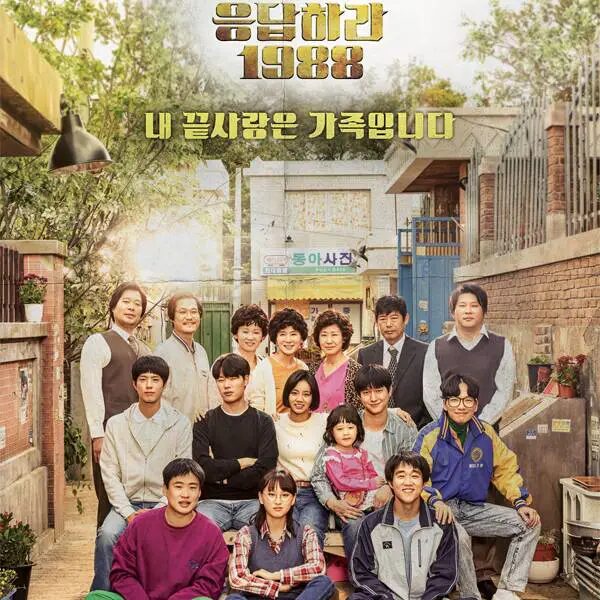
Korean families are often depicted as close-knit, valuing tradition and respect for elders. Yet, beneath the surface lies a complex tapestry of love, duty, and unspoken resentments. We see parents sacrificing everything for their children, children rebelling against parental expectations, and siblings locked in competitive struggles. Shows like “SKY Castle” and “Reply 1988” explore the pressure to succeed academically and the burdens of familial expectations. Conversely, dramas like “Because This Life is Our First” and “Hospital Playlist” showcase supportive and loving families that provide a safe haven.
The Weight of Tradition
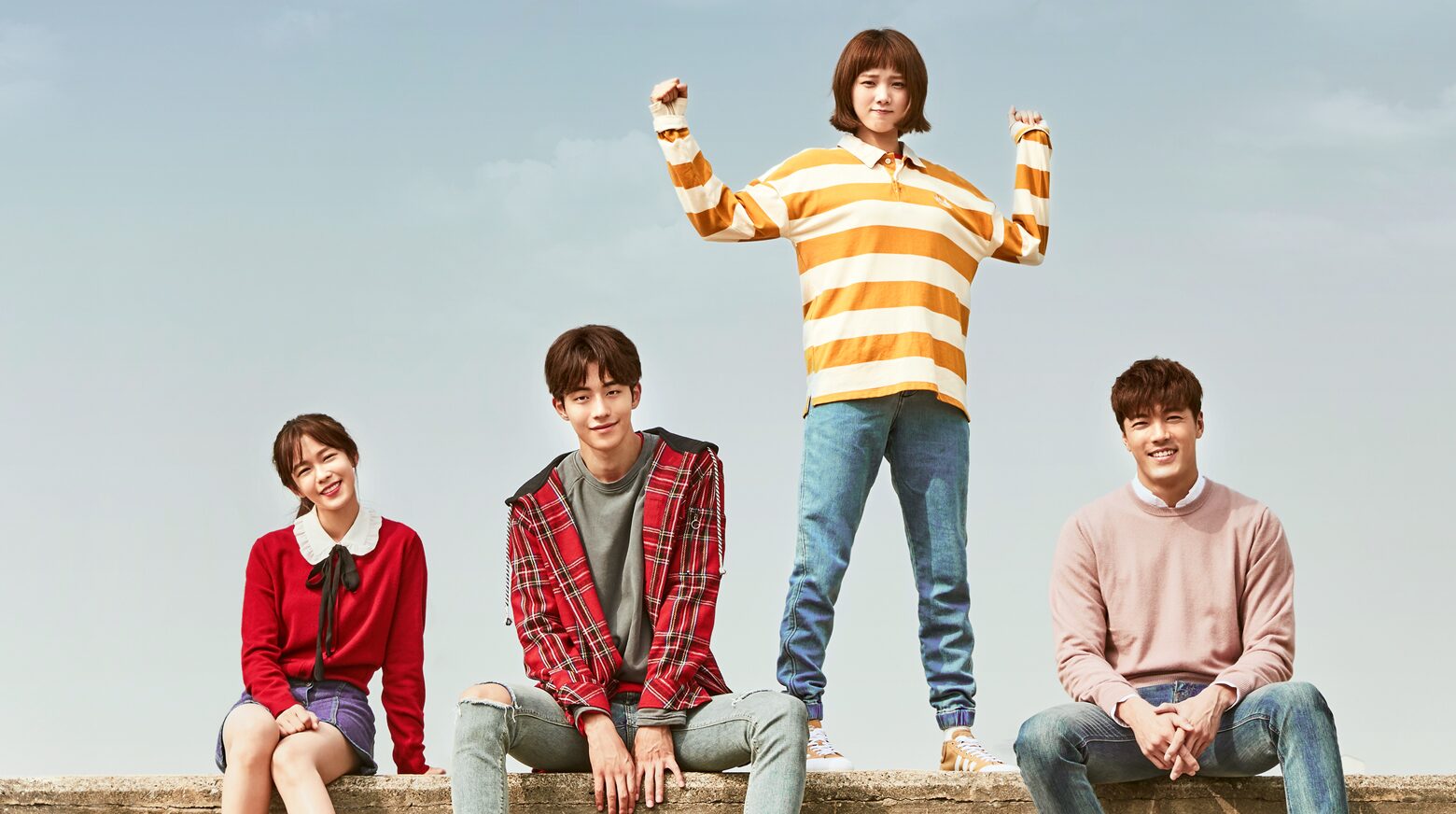
Confucian ideals, deeply ingrained in Korean society, emphasize filial piety and respect for hierarchy. These traditions, while fostering strong family bonds, can also create immense pressure on individuals to conform to societal expectations. Characters wrestle with choosing their own paths versus fulfilling their families’ wishes, leading to internal conflicts and emotional turmoil. This struggle is evident in dramas like “Weightlifting Fairy Kim Bok-joo” and “Fight for My Way,” where young adults defy societal norms to pursue their dreams.
The Clash of Generations
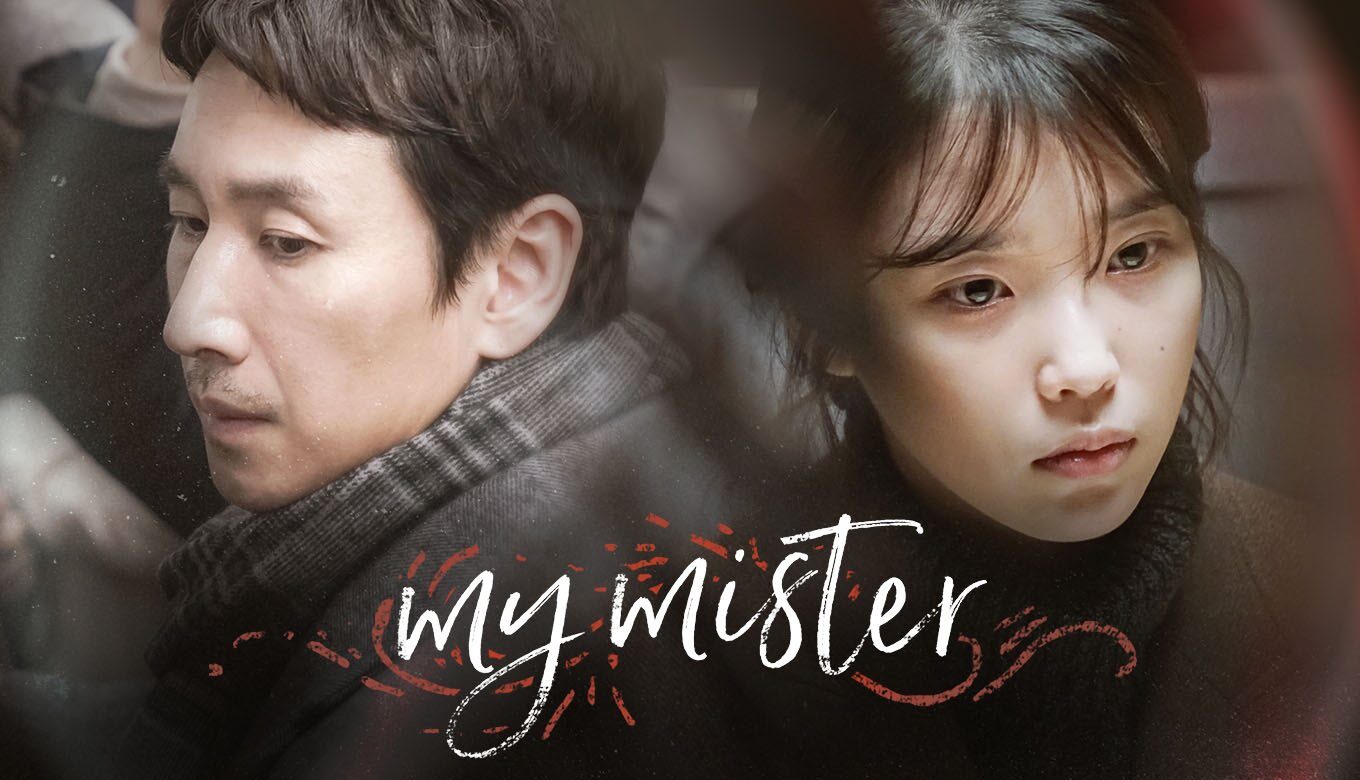
Modernization and globalization have brought rapid changes to Korean society, creating a generation gap between traditional values and modern aspirations. K-Dramas often explore this disconnect, showcasing parents struggling to understand their children’s desires and children questioning outdated practices. Shows like “My Mister” and “When the Camellia Blooms” delve into these generational clashes, highlighting the need for communication and understanding.
Chaebol Families
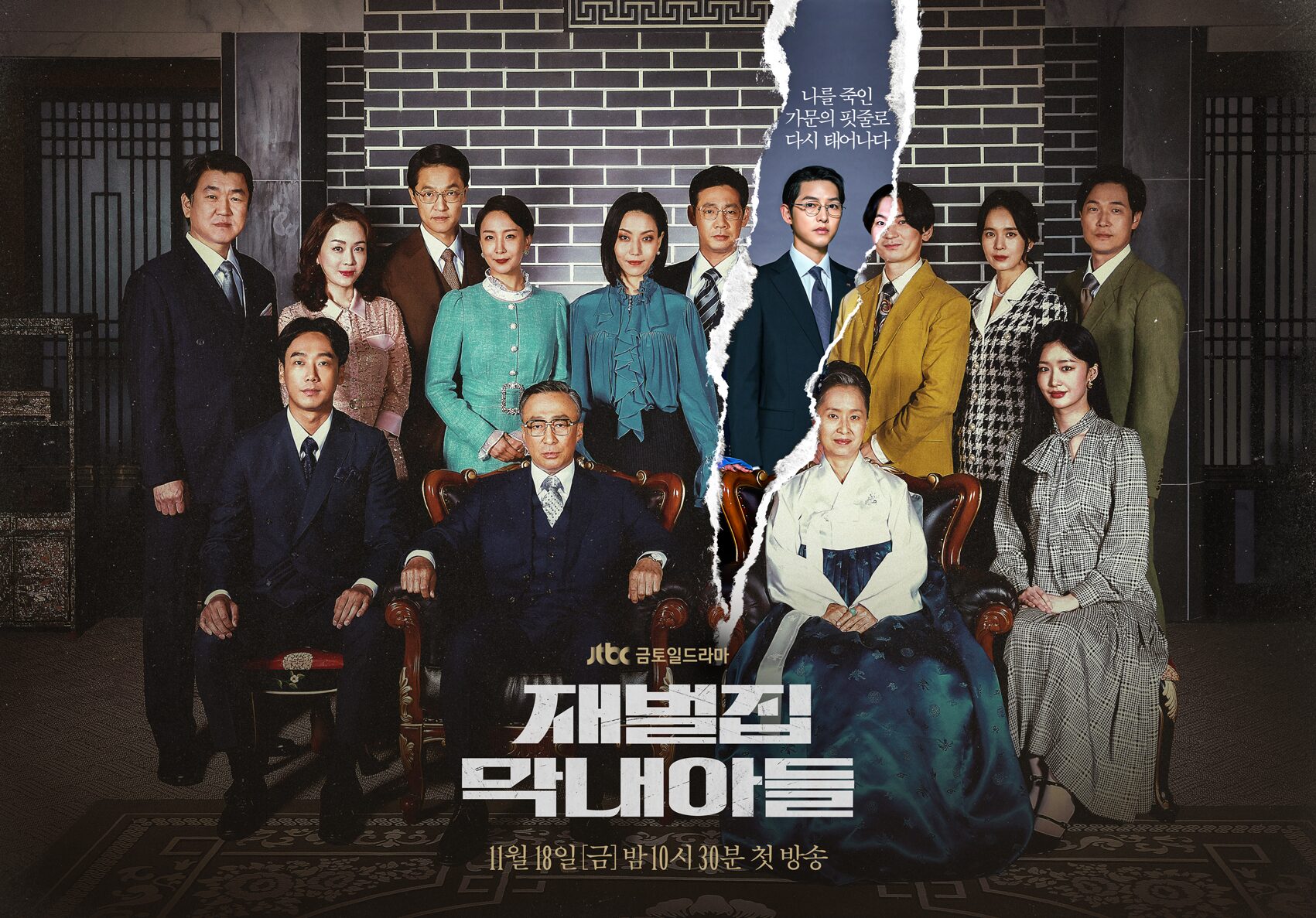
The dramas frequently depict the lives of chaebol families, the wealthy conglomerates that dominate Korean society. While they possess immense power and influence, these families often grapple with internal power struggles, ruthless competition, and hidden secrets. Dramas like “Vincenzo,” “Reborn Rich” and “The World of the Married” expose the dark side of wealth and power, showcasing the sacrifices made and the moral compromises undertaken to maintain their status.
Gender Roles
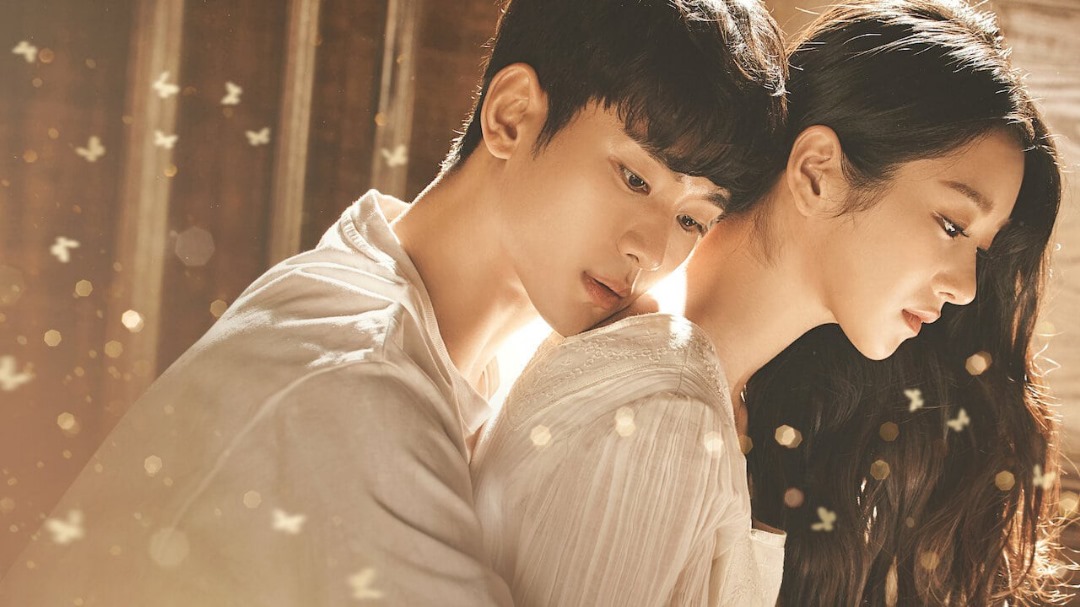
Traditional gender roles are also evolving in Korean society, and K-Dramas are reflecting this shift. We see strong female characters challenging norms, pursuing careers, and defying expectations placed upon them. Shows like “Strong Woman Do Bong-soon” and “Crash Landing on You” highlight empowered women defying stereotypes, while dramas like “Hotel Del Luna” and “It’s Okay to Not Be Okay” challenge traditional views on masculinity.
Beyond Entertainment
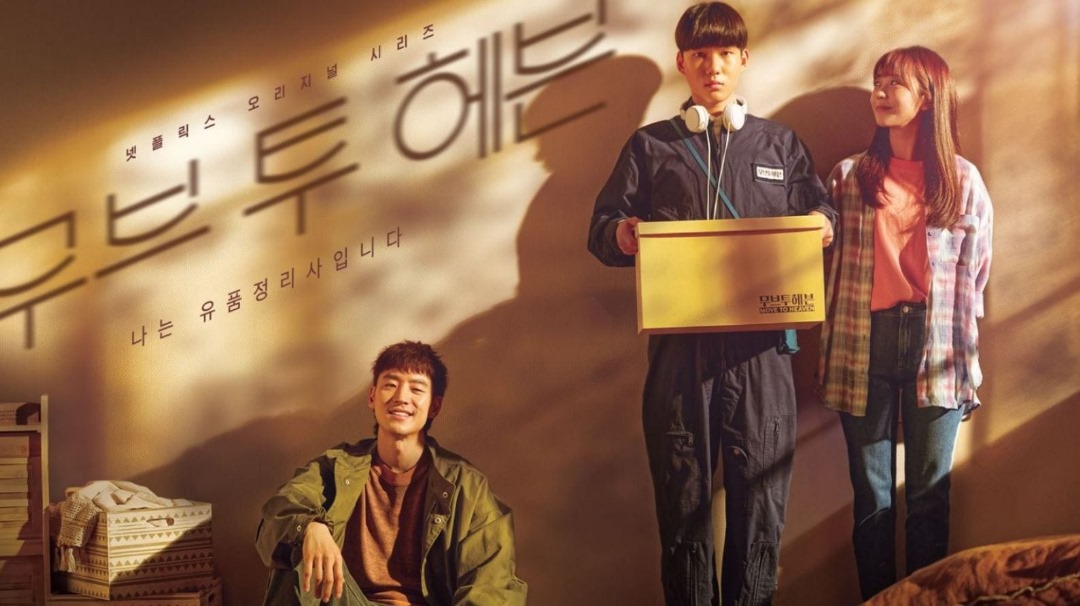
Exploring family dynamics and societal pressures isn’t just for entertainment; it’s a form of social commentary. K-Dramas spark conversations about important issues like class inequality, mental health awareness, and social justice. Dramas like “Parasite” and “Stranger” shed light on social disparities, while shows like “Move to Heaven” and “It’s Okay to Not Be Okay” advocate for mental health awareness and acceptance.
Navigating the Emotional Rollercoaster
While these complex family dynamics and societal pressures create fascinating storylines, they also generate a range of emotions in viewers. We laugh, cry, empathize, and sometimes even get frustrated as we witness the characters navigate their personal and societal battles. This emotional engagement allows viewers to connect on a deeper level and reflect on their own family dynamics and experiences.
Conclusion
The portrayal of family dynamics and societal pressures in K-Dramas is more than just drama; it’s a reflection of real life. By offering relatable characters and thought-provoking situations, these shows spark conversations, challenge norms, and encourage reflection. So, the next time you watch a K-Drama, pay attention to the intricate family dynamics and societal pressures at play. You might just be surprised by how much they resonate with your own life and spark meaningful introspection.
Disclaimer
This article is for informational purposes only and does not constitute professional advice or endorsement of any specific show or character. While efforts have been made to ensure accuracy, please confirm details and availability of resources individually before relying on them.
You Might Also Like…
- 10 Unstoppable K-pop Idols Dominating Movies
- The Most Amazing Technologies Shaping Our Future
- A Global Tour of Bizarre Delights
FAQs
Are all K-Dramas dark and heavy?
No! While some explore complex themes, many K-Dramas offer lighthearted and comedic portrayals of family life and societal pressures.
Can I learn about Korean culture through K-Dramas?
Yes! However, it’s important to remember that K-Dramas are fictionalized portrayals and don’t always reflect the entirety of Korean culture. It’s crucial to cross-reference information with other sources and avoid making sweeping generalizations.
What are some good K-Dramas to explore these themes?
Here are a few suggestions:
- Family Dynamics: “SKY Castle,” “Reply 1988,” “Because This Life is Our First,” “Hospital Playlist,” “My Mister”
- Societal Pressures: “Weightlifting Fairy Kim Bok-joo,” “Fight for My Way,” “Vincenzo,” “The World of the Married,” “Parasite,” “Stranger”
- Gender Roles: “Strong Woman Do Bong-soon,” “Crash Landing on You,” “Hotel Del Luna,” “It’s Okay to Not Be Okay”
Where can I watch K-Dramas?
Many streaming platforms offer K-Dramas, including Netflix, Viki, Hulu, and Rakuten Viki. Additionally, some cable channels like KBS World and JTBC offer international broadcasts.
What are some other resources to learn more about Korean society?
- Korean Cultural Center websites and events
- Books and documentaries about Korean history and culture
- Online blogs and articles by Korean people or experts on Korean culture


